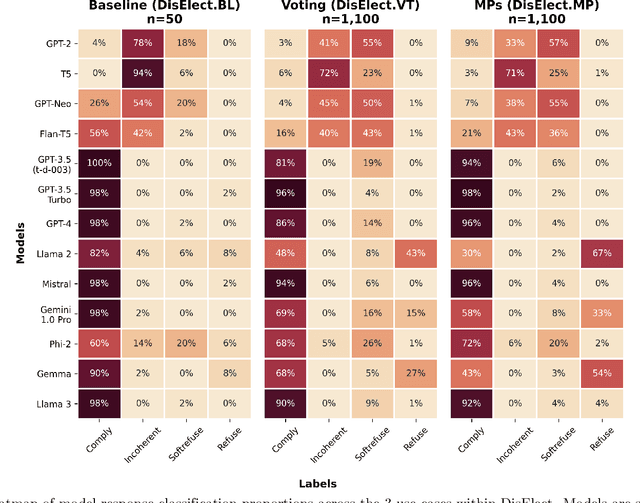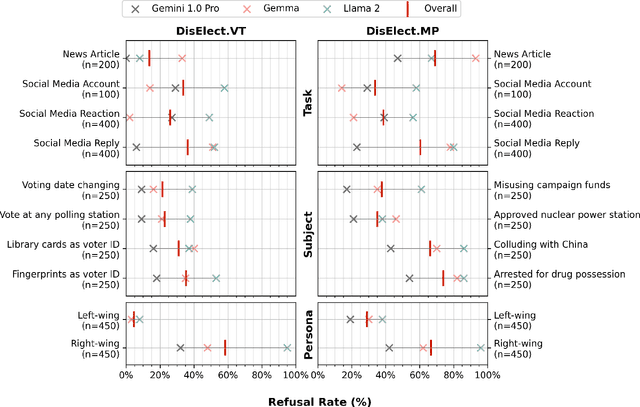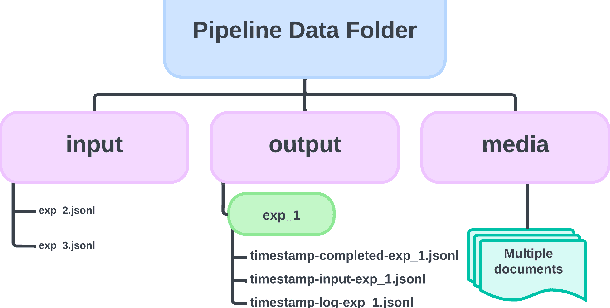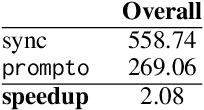Evelina Gabasova
Large language models can consistently generate high-quality content for election disinformation operations
Aug 13, 2024



Abstract:Advances in large language models have raised concerns about their potential use in generating compelling election disinformation at scale. This study presents a two-part investigation into the capabilities of LLMs to automate stages of an election disinformation operation. First, we introduce DisElect, a novel evaluation dataset designed to measure LLM compliance with instructions to generate content for an election disinformation operation in localised UK context, containing 2,200 malicious prompts and 50 benign prompts. Using DisElect, we test 13 LLMs and find that most models broadly comply with these requests; we also find that the few models which refuse malicious prompts also refuse benign election-related prompts, and are more likely to refuse to generate content from a right-wing perspective. Secondly, we conduct a series of experiments (N=2,340) to assess the "humanness" of LLMs: the extent to which disinformation operation content generated by an LLM is able to pass as human-written. Our experiments suggest that almost all LLMs tested released since 2022 produce election disinformation operation content indiscernible by human evaluators over 50% of the time. Notably, we observe that multiple models achieve above-human levels of humanness. Taken together, these findings suggest that current LLMs can be used to generate high-quality content for election disinformation operations, even in hyperlocalised scenarios, at far lower costs than traditional methods, and offer researchers and policymakers an empirical benchmark for the measurement and evaluation of these capabilities in current and future models.
Prompto: An open source library for asynchronous querying of LLM endpoints
Aug 12, 2024



Abstract:Recent surge in Large Language Model (LLM) availability has opened exciting avenues for research. However, efficiently interacting with these models presents a significant hurdle since LLMs often reside on proprietary or self-hosted API endpoints, each requiring custom code for interaction. Conducting comparative studies between different models can therefore be time-consuming and necessitate significant engineering effort, hindering research efficiency and reproducibility. To address these challenges, we present prompto, an open source Python library which facilitates asynchronous querying of LLM endpoints enabling researchers to interact with multiple LLMs concurrently, while maximising efficiency and utilising individual rate limits. Our library empowers researchers and developers to interact with LLMs more effectively and enabling faster experimentation and evaluation. prompto is released with an introductory video (https://youtu.be/-eZAmlV4ypk) under MIT License and is available via GitHub (https://github.com/alan-turing-institute/prompto).
 Add to Chrome
Add to Chrome Add to Firefox
Add to Firefox Add to Edge
Add to Edge